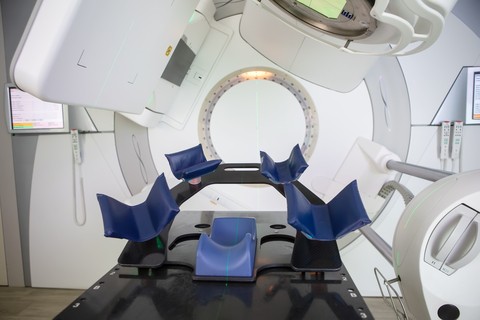Navigating Treatment Options for Pleural Mesothelioma: A Guide for Patients and Caregivers
Pleural mesothelioma is a rare, aggressive cancer often caused by asbestos exposure. Sadly, its slow onset and few treatment choices reduce survival rates. Yet, recent pharmacological research developments provide hope for better treatments. Understanding the Disease Pleural mesothelioma is aggressive and resists standard treatments. Efforts to identify treatment targets have shown limited success. Patients typically live less than 16 months after diagnosis, underlining the need for better therapies. Treatment usually involves chemotherapy, immunotherapy, and targeted therapy. Chemotherapy combines drugs like cisplatin and pemetrexed to slow tumor growth and ease symptoms. Immunotherapy, with drugs like pembrolizumab, boosts the immune system’s fight against cancer in some patients. Meanwhile, research is ongoing on targeted therapies that block blood vessel formation and growth factor…







